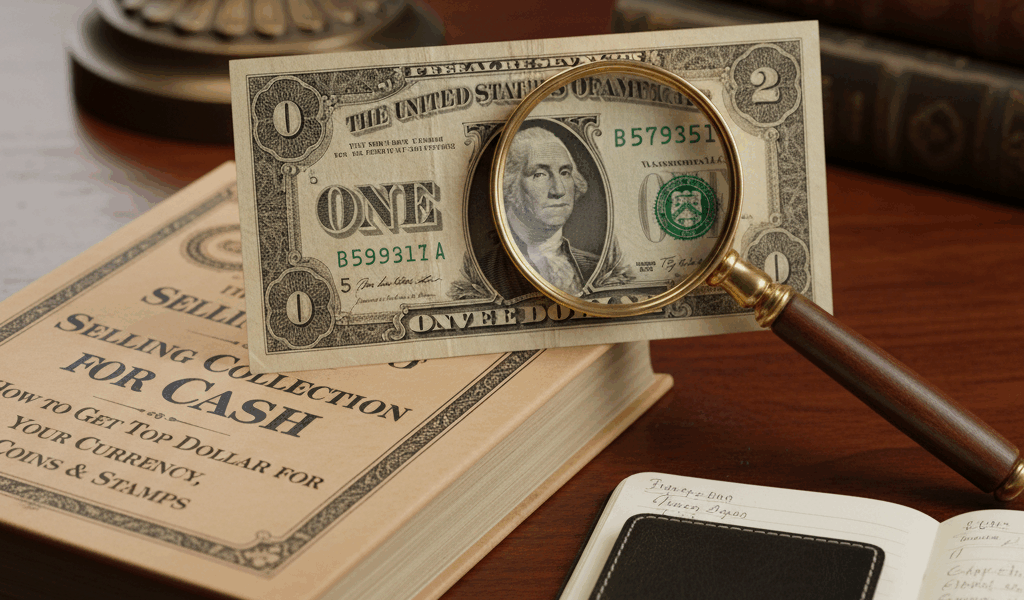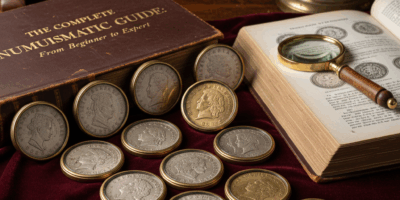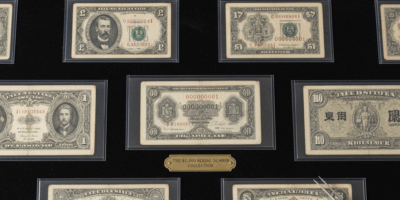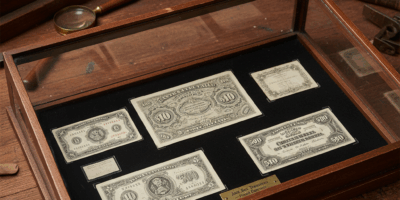Selling Coins: An Informative Guide to Navigating the Market
I sold my first significant coins badly. Took them to the first dealer I found, accepted his offer without research, and later discovered I’d left several hundred dollars on the table. That expensive education taught me to approach selling with the same care I applied to buying. Let me share what I’ve learned.
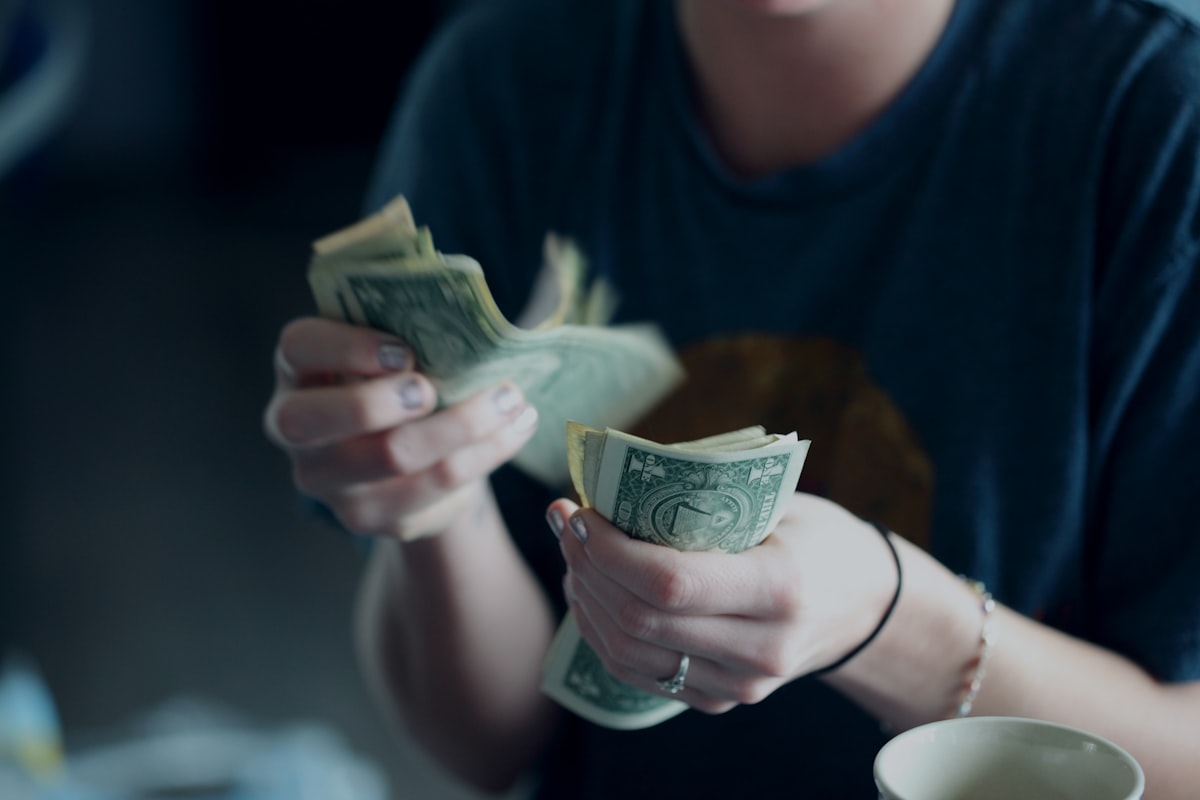
Assessing Your Coin Collection
Before selling anything, know what you have. This sounds obvious but trips up many people. Sort your coins by type and era. Identify mint marks – those tiny letters indicating where coins were produced. Research current market values using price guides and recent auction results.
Rarity matters more than age alone. I’ve had 1850s coins worth less than certain 1990s error coins. Mintage numbers, survival rates, and collector demand all influence value. Take time to understand what makes particular pieces desirable.
Understanding Coin Grading
Grading dramatically affects value, especially for scarcer coins. The difference between “Fine” and “Very Fine” might double a coin’s price. Professional grading services like PCGS and NGC provide standardized assessments that both buyers and sellers trust.
The grading scale runs from 1 (barely identifiable) to 70 (flawless). Circulated coins typically fall between 1 and 50; uncirculated pieces grade 60 and above. Learning to roughly estimate grade helps you understand offers you receive and whether professional grading is worthwhile before selling.
Exploring the Coin Market
Multiple selling venues exist, each with tradeoffs.
Auction houses like Heritage or Stack’s Bowers specialize in higher-value numismatic material. They have established collector networks and can achieve strong prices for quality pieces. But they charge substantial commissions – sometimes 15-20% – and the process takes months.
Online marketplaces provide global reach. eBay has extensive coin trading. Specialized forums like Collectors Universe host active buy-sell communities. Online selling requires good photography, accurate descriptions, and willingness to deal with shipping and potential disputes.
Local dealers offer convenience and immediate payment. Expect them to pay below retail – they need profit margin when reselling. The convenience costs you money, but for modest collections, it’s often the practical choice.
Determining Coin Value
Several factors combine to establish value. Metal content provides a floor for precious metal coins – a silver dime is worth at least its silver weight regardless of numismatic value. Rarity adds premium: fewer coins of a type means more competition among collectors. Condition multiplies the effect of rarity.
Historical significance matters too. Coins from important periods or with unusual stories command premiums beyond their physical characteristics. A coin carried on a famous expedition is worth more than an identical piece with ordinary provenance.
Legal Considerations and Authentication
Certain coins, particularly ancient ones, involve cultural property regulations. Know the legal status of what you’re selling. Documents proving legal acquisition help, especially for potentially sensitive items.
Authentication is crucial. Counterfeits circulate in the market, and selling a fake – even unknowingly – creates problems. Professional grading services authenticate pieces they grade, providing reassurance to buyers. For significant coins, this certification often pays for itself through higher selling prices.
Tips for Successful Coin Selling
- Research thoroughly: Know current market conditions before setting expectations. Prices fluctuate.
- Get multiple opinions: Offers vary substantially. Shopping around typically yields better results.
- Document everything: Clear records of provenance, condition, and authentication support higher prices.
- Present professionally: Good photographs and accurate descriptions attract serious buyers.
- Be patient: Rushing sales usually means accepting lower prices. Good buyers for specific coins may take time to find.
- Never clean coins: Cleaning damages surfaces and reduces value. Buyers pay less for cleaned coins.
Considerations for Long-term Selling
If you plan to sell coins regularly – perhaps rotating collection focus or treating numismatics partly as investment – develop market relationships. Dealers you’ve traded with fairly become resources for future transactions. Auction house relationships can mean better placement and terms.
Track what you paid for coins and what you sell them for. This data helps evaluate whether your collecting generates returns and identifies which types of coins perform best for you. Treat it as business even if the primary motivation is enjoyment.
The selling side of collecting matters as much as the buying side. Every coin in your collection will eventually be sold – by you, your heirs, or someone down the line. Understanding how to sell well is simply understanding the complete cycle of numismatic ownership.
Recommended Collecting Supplies
Coin Collection Book Holder Album – $9.99
312 pockets for coins of all sizes.
20x Magnifier Jewelry Loupe – $13.99
Essential tool for examining coins and stamps.
As an Amazon Associate, we earn from qualifying purchases.
